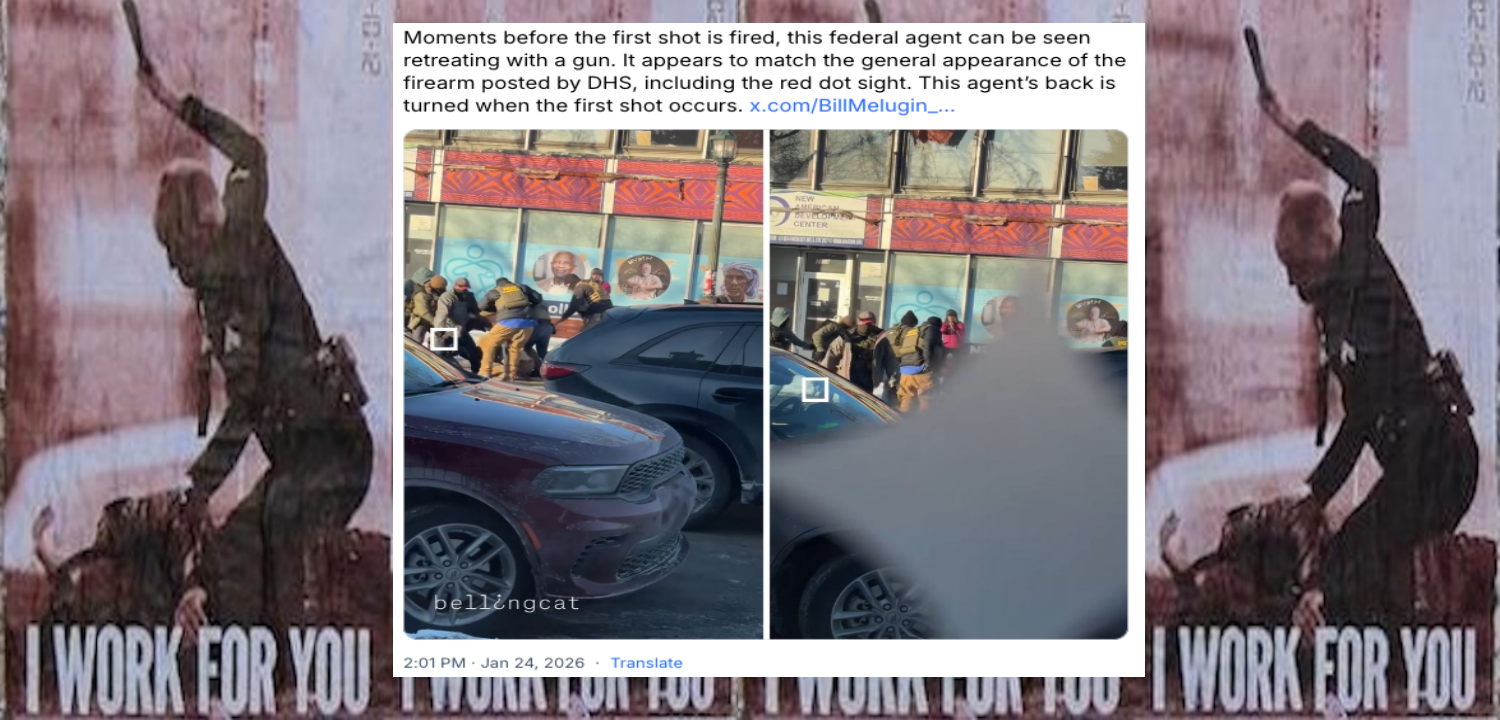The Murder of Fred Hampton (complete film) "is the gravest domestic crime of the Nixon administration”
/|
From "Domestic Terrorism: Notes on the State System of Oppression" by Noam Chomsky [HERE] Perhaps the most shocking story concerns the assassination of Fred Hampton and Mark Clark by Chicago police directed by the state's attorney office on December 4, 1969, in a predawn raid on a Chicago apartment. Hampton, one of the most promising leaders of the Black Panther party, was killed in bed, perhaps drugged. Depositions in a civil suit in Chicago reveal that the chief of Panther security and Hampton's personal bodyguard, William O'Neal, was an FBI infiltrator. O'Neal gave his FBI "contacting agent," Roy Mitchell, a detailed floor plan of the apartment, which Mitchell turned over to the state's attorney's office shortly before the attack, along with "information" -- of dubious veracity -- that there were two illegal shotguns in the apartment. For his services, O'Neal was paid over $10,000 from January 1969 through July 1970, according to Mitchell's affidavit. The availability of the floor plan presumably explains why "all the police gunfire went to the inside corners of the apartment, rather than toward the entrances," and undermines still further the pretense by the police that the police barrage was caused by confusion in unfamiliar surroundings that led them to believe, falsely, that they were being fired upon by the Panthers inside. 18 Agent Mitchell was named by the Chicago Tribune as head of the Chicago Cointelpro directed against the Black Panthers and other black groups. Whether or not this is true, there is now substantial evidence of direct FBI involvement in this Gestapo-style political assassination. O'Neal, incidentally, continued to report to Mitchell after the raid. He was taking part in meetings with the Hampton family and discussions between lawyers and clients, one of many such examples of violation of the lawyer-client relation. To cite another, which did receive considerable publicity, the chief security officer of the American Indian Movement, also a paid FBI informer, "was the only person, other than defendants and lawyers, with regular access to the room in which defense strategy was planned." So valuable were his services during this period that his cash payment from the Bureau was raised from $900 to $1,100 a month. "The Government, in a sworn affidavit at the trial, had appeared to contend that it had no informer in the defense ranks." The informer, who came to believe that AIM was, in his words, a "legal, social organization that wasn't doing anything wrong," reports also that he helped lead an armed takeover of a state office building in Iowa, among other tasks performed for the FBI. 19 There has as yet been no systematic investigation of the FBI campaign against the Black Panther party in Chicago, as part of its nationwide program of political repression. But on the basis of the scattered information that has come to light, it is possible to offer some speculations as to how FBI plotting may have progressed. The efforts of late 1968 and early 1969 to instigate gang warfare -- specifically, to incite the Rangers to murder leaders of the Black Panthers -- ended in failure. In subsequent months, it seems that the Panthers began to achieve some success in moving the Blackstone Rangers from criminal activities to political concerns. Members of the Rangers were living in the apartment where Hampton and Clark were assassinated. Hampton was proving an effective leader, particularly worrisome to the political police because of his express distate for violence and inflammatory rhetoric and his emphasis on constructive political action. As long as the Rangers were just a criminal gang terrorizing the black ghetto, they were of little concern to the FBI -- except, of course, insofar as their tendency towards violence could be exploited for the FBI's campaign of political repression. But an alliance with the Panthers, particularly under the leadership of someone like Fred Hampton, was another matter. It is possible that such an analysis led the Chicago office of the FBI, operating within the framework of Cointelpro, to set in motion the events of December 4, 1969. This, of course, remains speculation. To determine what truth there may be in this reconstruction it would be necessary to conduct a serious investigation of FBI attempts to foment murder, violence and gang warfare, and of the FBI involvement in the police raid on the Panther apartment. Neither the House nor the Senate Select Committee attempted to draw the evidence together or to pursue it, so far as publicly available evidence indicates. As for the press and the journals of opinion, they have demonstrated conclusively that they were much more concerned with tape erasures, tax fraud, illegal donations, and other such monumental and unprecedented crimes, which were seen as virtually bringing fascism to the United States. When survivors of the police raid sued the FBI and the Chicago police, the government settled out of court rather than provide a forum for investigation. [MORE] and [MORE] |













































































































































































































































































